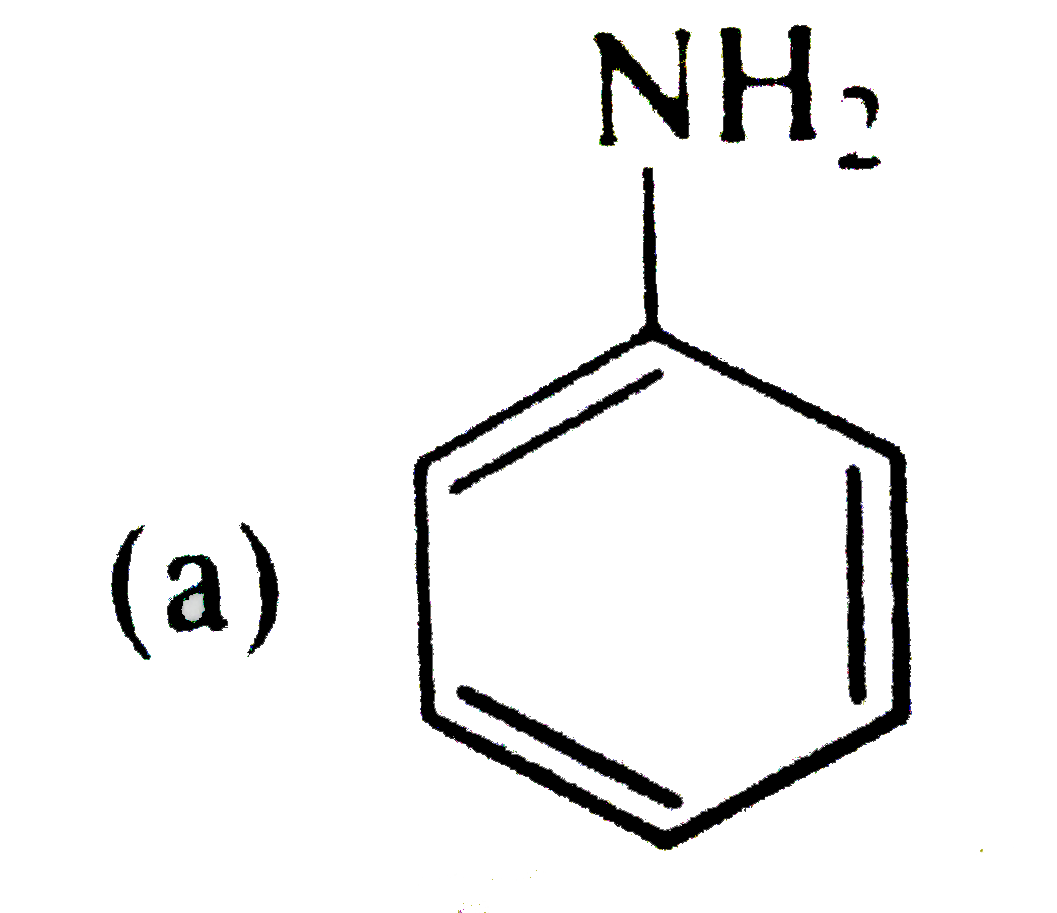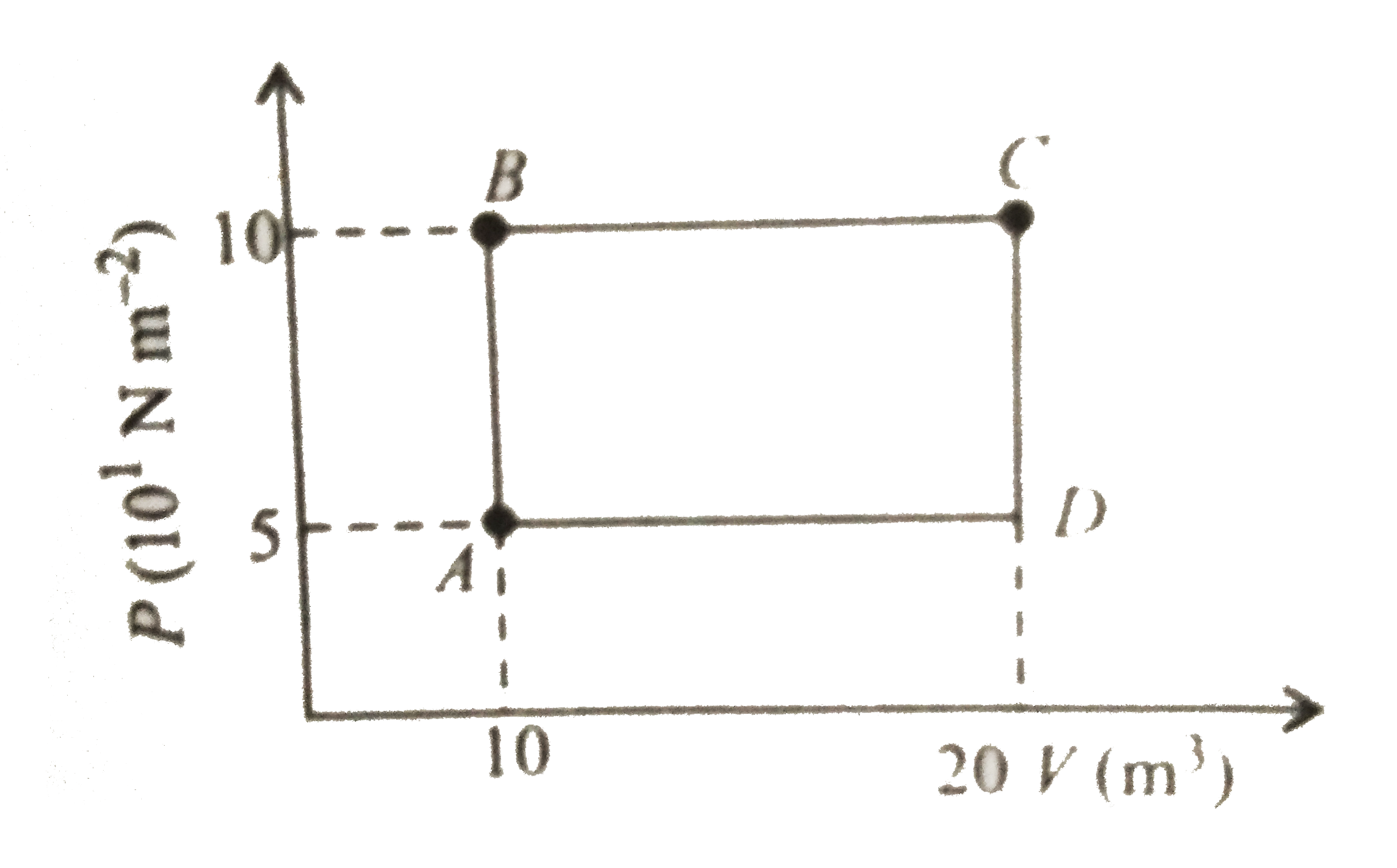The hydrogen bond is an electrostatic attractive force between covalently bonded hydrogen atom of one molecule and an electronegative atom like (F,O,N) of other molecule. Hydrogen bond is nearly an electrostatic attractive force and not a normal chemical bond. It is very weak (2-10 kcal/mol) as compared to a colvent bond (strength 50-100 kcal/mol). In intramolecular hydrogen bonding, the two or more than two molecules of the same or different substances are linked to form polymeric aggregate. Intermolecular hydrogen bonding increases the boiling point of the compound and also its solubility in water. Intramolecular hydrogen bonding occurs within two atoms of the same molecule. Intramolecular hydrogen bonding is also called chelation, since it involves ring formation. intramolecular hydrogen bonding decreases the boiling point of the compound and also its solubility in water.
Which among the following has lowest boiling point?

The correct Answer is:D
Tertiary amines are not involved in intermolecular hydrogen bonding, hence their boiling point is lowest as compared to corresponding primary and secondary amines.
Topper's Solved these Questions
- INTRODUCTION TO ORGANIC CHEMISTRY BOOK - OP TANDONCHAPTER - INTRODUCTION TO ORGANIC CHEMISTRY EXERCISE - SINGLE INTEGER ANSWER TYPE
4 Videos
- INTRODUCTION TO ORGANIC CHEMISTRY BOOK - OP TANDONCHAPTER - INTRODUCTION TO ORGANIC CHEMISTRY EXERCISE - Passage-3
4 Videos
- CHEMISTRY IN EVERYDAY LIFEBOOK - OP TANDONCHAPTER - CHEMISTRY IN EVERYDAY LIFEEXERCISE - SINGLE INTEGER ANSWER TYPE QUESTIONS
5 Videos
- MISCELLANEOUS (TOPICS OF GENERAL INTEREST)BOOK - OP TANDONCHAPTER - MISCELLANEOUS (TOPICS OF GENERAL INTEREST)EXERCISE - SET-VI: Problems on graphical aptitude
53 Videos
Similar Questions
How many bonds (σ and π) are there in the following molecules?
(i) H2C=C=CH2 (ii) CH3−C≡CH
(iii) H2C=CH−C≡N (iv) CH3NO2
(v) CH3OH (iv) C2H2
View SolutionDouble bond equivalents help in search for structure of a compound. It involves following steps:
Calculate the expected number of hydrogen atoms in the saturated structure.
(a) For Cn there would be: (2n+2) hydrogens if compound contains C,H,O only.
(b) For Cn,Nm there would be (2n+2+m) hydrogens.
Subtract the actual number of hydrogen and divide by 2. This gives the double bond equivalents.
Ring is considered to possess single DBE.
Double bond equivalent of C7H16O would be
View SolutionHow many of the following are preservatives ?
Sodium benzoate, sodium sulphite, sodium metasulphite, sodium sulphate, sodium thiosulphate, sodium acetate, sodium stearate.
View SolutionA sample of 2kg of helium (assumed ideal) is taken through the process ABC and another sample of 2kg of the same gas is taken through the process ADC. Then the temperature of the states A and B are (given R=8.3Jmol−1K−1)

View SolutionThe hydrogen bond is an electrostatic attractive force between covalently bonded hydrogen atom of one molecule and an electronegative atom like (F,O,N) of other molecule. Hydrogen bond is nearly an electrostatic attractive force and not a normal chemical bond. It is very weak (2-10 kcal/mol) as compared to a colvent bond (strength 50-100 kcal/mol). In intramolecular hydrogen bonding, the two or more than two molecules of the same or different substances are linked to form polymeric aggregate. Intermolecular hydrogen bonding increases the boiling point of the compound and also its solubility in water. Intramolecular hydrogen bonding occurs within two atoms of the same molecule. Intramolecular hydrogen bonding is also called chelation, since it involves ring formation. intramolecular hydrogen bonding decreases the boiling point of the compound and also its solubility in water.
Which of the following molecules is dimerised when dissolved in non-polar or organic solvent?
View SolutionThe hydrogen bond is an electrostatic attractive force between covalently bonded hydrogen atom of one molecule and an electronegative atom like (F,O,N) of other molecule. Hydrogen bond is nearly an electrostatic attractive force and not a normal chemical bond. It is very weak (2-10 kcal/mol) as compared to a colvent bond (strength 50-100 kcal/mol). In intramolecular hydrogen bonding, the two or more than two molecules of the same or different substances are linked to form polymeric aggregate. Intermolecular hydrogen bonding increases the boiling point of the compound and also its solubility in water. Intramolecular hydrogen bonding occurs within two atoms of the same molecule. Intramolecular hydrogen bonding is also called chelation, since it involves ring formation. intramolecular hydrogen bonding decreases the boiling point of the compound and also its solubility in water.
Which of the following compounds is (are) stabilised by intramolecular hydrogen bonding?
View SolutionThe hydrogen bond is an electrostatic attractive force between covalently bonded hydrogen atom of one molecule and an electronegative atom like (F,O,N) of other molecule. Hydrogen bond is nearly an electrostatic attractive force and not a normal chemical bond. It is very weak (2-10 kcal/mol) as compared to a colvent bond (strength 50-100 kcal/mol). In intramolecular hydrogen bonding, the two or more than two molecules of the same or different substances are linked to form polymeric aggregate. Intermolecular hydrogen bonding increases the boiling point of the compound and also its solubility in water. Intramolecular hydrogen bonding occurs within two atoms of the same molecule. Intramolecular hydrogen bonding is also called chelation, since it involves ring formation. intramolecular hydrogen bonding decreases the boiling point of the compound and also its solubility in water. Select the compound which involves intramolecular hydrogen bonding.
View SolutionThe hydrogen bond is an electrostatic attractive force between covalently bonded hydrogen atom of one molecule and an electronegative atom like (F,O,N) of other molecule. Hydrogen bond is nearly an electrostatic attractive force and not a normal chemical bond. It is very weak (2-10 kcal/mol) as compared to a colvent bond (strength 50-100 kcal/mol). In intramolecular hydrogen bonding, the two or more than two molecules of the same or different substances are linked to form polymeric aggregate. Intermolecular hydrogen bonding increases the boiling point of the compound and also its solubility in water. Intramolecular hydrogen bonding occurs within two atoms of the same molecule. Intramolecular hydrogen bonding is also called chelation, since it involves ring formation. intramolecular hydrogen bonding decreases the boiling point of the compound and also its solubility in water.
CH3−O∣∣C−CH2−O∣∣C−2,4−pentadione(A)CH3⇔CH3−OH∣C=CH−O∣∣C−CH34−hydroxypent-3-en-2-one(B)
Select the correct statement about above tautomers.
View SolutionNitrogen , oxygen and fluorine are the highly electronegative elements. When they are tied to a hydrogen atom to form covalent bond, the electrons of the covalent bond are shifted towards the more electronegative atom.This partially positively charged hydrogen atom forms a bond with the other electronegative atom. This bond is called as hydrogen bond and is weaker than covalent bond.For example, in HF molecule, the hydrogen bond exists between hydrogen atom of one molecule and fluorine atom of another molecule as depicted ---H^(delta+)-F^(delta-)---H^(delta+)-F^(delta-)---H^(delta+)-F^(delta-) Here, hydrogen bond acts as bridge between atoms which holds one atom by covalent bond and the other by hydrogen bond.Hydrogen bond is represented by a dotted line (---) while a solid line represents the covalent bond. Thus, hydrogen bond can be defined as the attractive force which binds hydrogen atom of one molecule with the electronegative atom (F,O and N) of another molecule. What would be correct about bonding in chloral hydrate C Cl_3CH(OH)_2 ?
View SolutionNitrogen , oxygen and fluorine are the highly electronegative elements. When they are tied to a hydrogen atom to form covalent bond, the electrons of the covalent bond are shifted towards the more electronegative atom.This partially positively charged hydrogen atom forms a bond with the other electronegative atom. This bond is called as hydrogen bond and is weaker than covalent bond.For example, in HF molecule, the hydrogen bond exists between hydrogen atom of one molecule and fluorine atom of another molecule as depicted
−−−Hδ+−Fδ−−−−Hδ+−Fδ−−−−Hδ+−Fδ−
Here, hydrogen bond acts as bridge between atoms which holds one atom by covalent bond and the other by hydrogen bond.Hydrogen bond is represented by a dotted line (---) while a solid line represents the covalent bond. Thus, hydrogen bond can be defined as the attractive force which binds hydrogen atom of one molecule with the electronegative atom (F,O and N) of another molecule.
If boiling point of ortho-nitro phenol and para nitro phenol are t1andt2 respectively and mixture of these two are heated at temperature 't' where 't' is between these two temperature.Vapours will significantly contains
View SolutionNitrogen , oxygen and fluorine are the highly electronegative elements. When they are tied to a hydrogen atom to form covalent bond, the electrons of the covalent bond are shifted towards the more electronegative atom.This partially positively charged hydrogen atom forms a bond with the other electronegative atom. This bond is called as hydrogen bond and is weaker than covalent bond.For example, in HF molecule, the hydrogen bond exists between hydrogen atom of one molecule and fluorine atom of another molecule as depicted ---H^(delta+)-F^(delta-)---H^(delta+)-F^(delta-)---H^(delta+)-F^(delta-) Here, hydrogen bond acts as bridge between atoms which holds one atom by covalent bond and the other by hydrogen bond.Hydrogen bond is represented by a dotted line (---) while a solid line represents the covalent bond. Thus, hydrogen bond can be defined as the attractive force which binds hydrogen atom of one molecule with the electronegative atom (F,O and N) of another molecule. What statement is incorrect about D_2O (solid)
View SolutionHydrogen bond is weak type of electrostatic force, in which hydrogen is connected between two more electronegative elements. Select the correct representation of H-bonding :
View SolutionThe intramolecular hydrogen bonding in molecules lead to ________
View SolutionHydrogen bond is a weak electrostatic force of attraction between covalently bonded hydrogen and more electronegative species like F,O and N. It play an important role in influencing many physical constants. It is a weaker bond than covalent bond but stronger than vanderWaal forces of attraction. Hydrogen bonding is absent in
View SolutionHydrogen bond is a weak electrostatic force of attraction between covalently bonded hydrogen and more electronegative species like F,O and N. It play an important role in influencing many physical constants. It is a weaker bond than covalent bond but stronger than vanderWaal forces of attraction.
Chelation is observed in
View Solution
